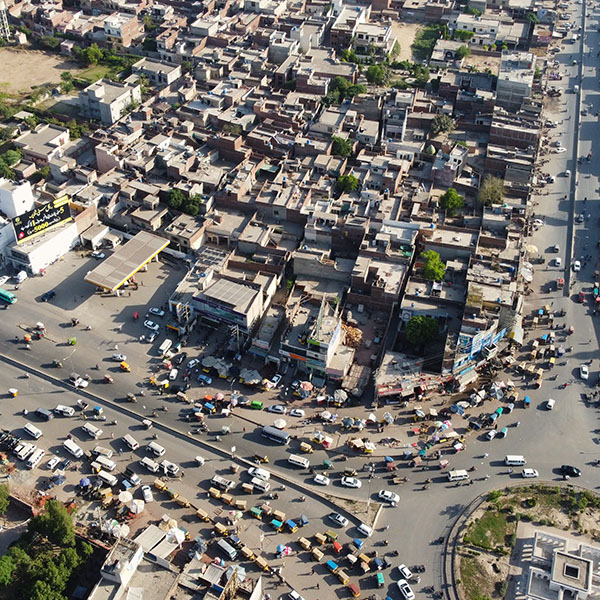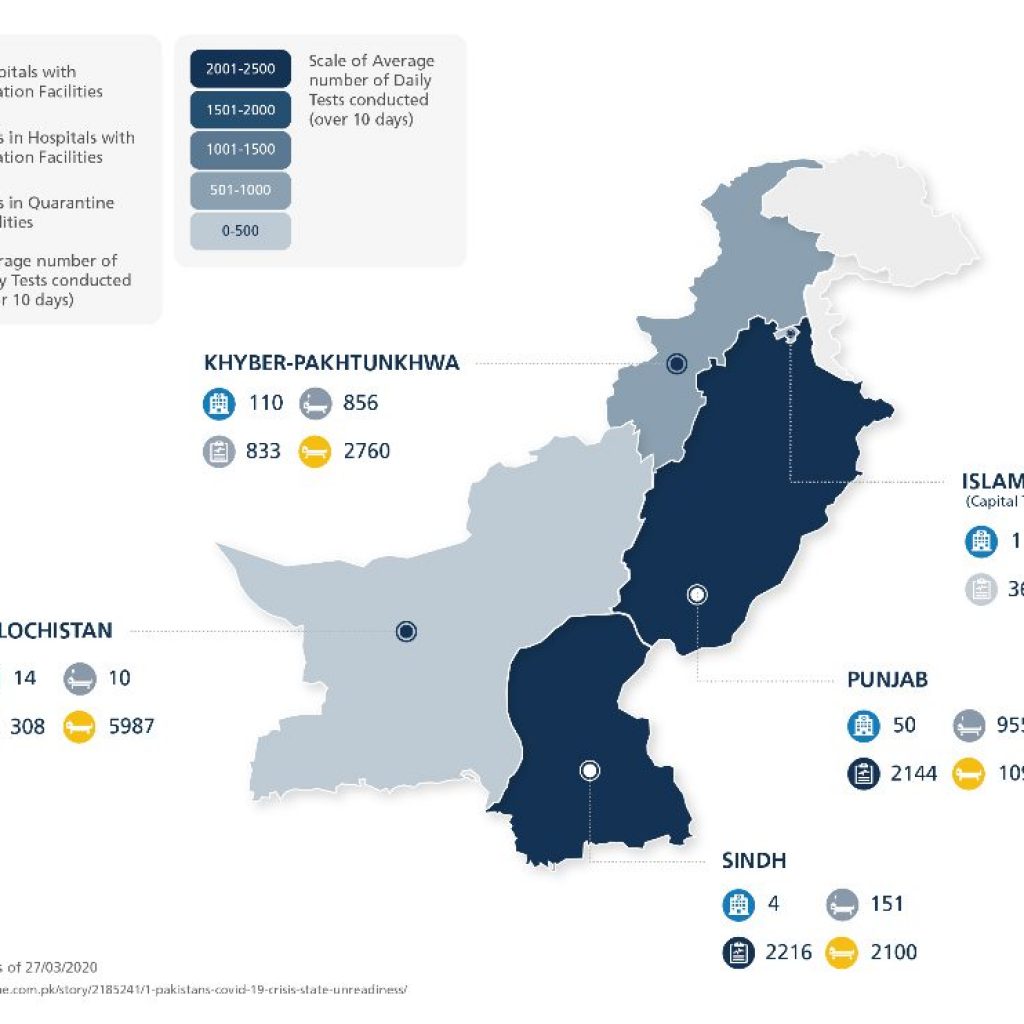COVID-19 will affect Pakistan’s ability to Build Disaster Resilience
COVID-19 will affect Pakistan’s ability to Build Disaster Resilience
Project Outputs
The COVID-19 pandemic is one of the many challenges Pakistan faces and has recently placed additional strain on Pakistan’s most vulnerable populations. The crisis is likely to have adverse effects on communities’ ability to build disaster resilience.
Pakistan is prone to natural hazards and disasters including floods, earthquakes and drought. The outbreak of COVID-19 will have severe consequences on communities’ ability to prepare for such natural hazards and disasters. Conflict and fragility and the COVID-19 public health crisis will affect populations’ ability to prepare for future disasters, making them more vulnerable and less resilient.
Vulnerable and poor populations are most at risk of being adversely affected by the spread of disease. As people get ill or lose their jobs during the pandemic, livelihoods will be impacted, and people will have to spend more on medical costs or basic needs. The socio-economic impact of the crisis will result in less resources being available for investing in disaster preparedness.
Integrity is providing third-party monitoring services to DFID’s Building Disaster Resilience in Pakistan (BDRP) programme, with the objective of increasing accountability, oversight, and evidence-based learning. Integrity carries out its third-party monitoring activities in all nine implementation districts across Punjab, Sindh, and Khyber Pakhtunkhwa.
After the outbreak and spread of COVID-19, Integrity has broadened the existing data monitoring and visualisation work to include the spread and impact of the virus amongst BDRP target communities, including looking at the readiness of some health facilities to respond, by province.
We are also conducting analysis of the impact of COVID 19 on wider socio-economic indicators. Through Integrity’s tailored digital platform we can visualise the COVID-19 indicators alongside key socio-economic indicators, such as as unemployment, inflation, and food insecurity to: (a) provide information to help make potential changes to DFID’s current resilience programming in Pakistan, and (b) to inform the design of the next phase of DFID resilience programming in the country.
Tags
Pakistan, Research, Evidence, and Analysis,

